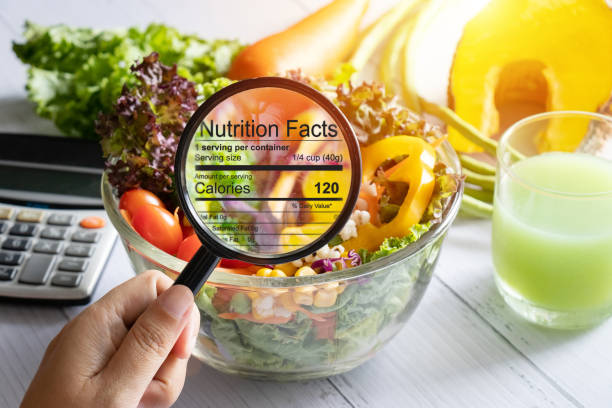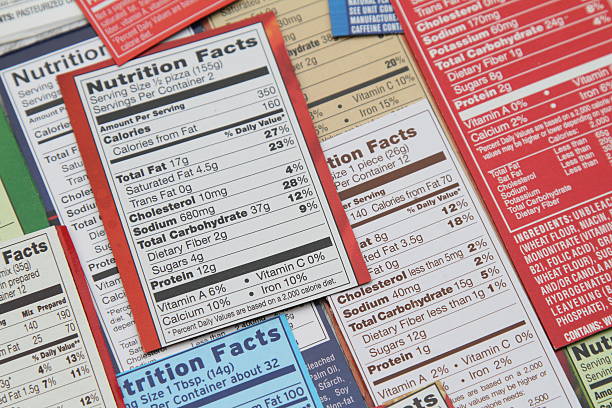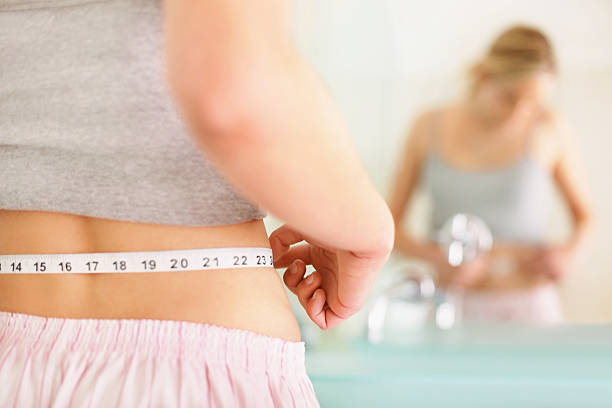Creatine Calories: How many Calories in Creatine Monohydrate | Nutrition Facts
Creatine and Calories: What You Need to Know About This Powerful Dietary Supplement
This article explores the topic of creatine and its calorie content. You will learn about creatine monohydrate, its role in muscle growth, and whether taking creatine affects your calorie intake.
This post will break down nutrition facts, debunk myths, and explain how creatine works.
Whether you're new to supplements or already using creatine, this guide provides practical insights.

Outline
- What Is Creatine, and How Does It Work?
- Does Creatine Contain Calories?
- Understanding Calories in Creatine Monohydrate
- How Does Creatine Affect Muscle Growth?
- Does Creatine Make You Gain Weight?
- What Are the Nutrition Facts of Creatine?
- What Happens If You Take Creatine and Don’t Work Out?
- The Role of Water Retention in Creatine Use
- How Many Calories a Day Is Used When Taking Creatine?
- Is Creatine Safe and Effective?
1. What Is Creatine, and How Does It Work?
Creatine is a compound made of amino acids naturally found in your muscles and brain. It helps your body produce adenosine triphosphate (ATP), the energy source for high-intensity activities.
Supplementing with creatine increases the amount stored in your muscles, enhancing performance during short bursts of intense exercise. Learn more about how creatine works here.
Creatine is one of the most popular and widely used supplements by athletes and fitness enthusiasts. Its ability to improve performance and support muscle growth makes it a staple in sports nutrition.
For more detailed insights, check out Creatine Supplements Ultimate Guide.

2. Does Creatine Contain Calories?
No, creatine itself contains no calories. A standard 5-gram serving of creatine monohydrate provides energy in the form of ATP but does not contribute to your caloric intake.
This makes creatine a safe supplement for individuals monitoring their calorie consumption.
For a comparison of creatine forms, read Creatine HCL vs Monohydrate.
3. Understanding Calories in Creatine Monohydrate
While creatine is calorie-free, some flavored or blended creatine products may include calories from added ingredients. Always check the label to get full nutrition facts and ensure you're only consuming what you need.
For instance, pure creatine monohydrate, such as a 5-gram serving, has zero calories, but flavored powders may contribute a small amount of calories.
For a closer look at creatine monohydrate’s benefits, visit Creatine Monohydrate Gummies Guide.

4. How Does Creatine Affect Muscle Growth?
Creatine helps increase muscle mass by enabling your body to perform better during resistance training. It improves your ability to lift heavier weights and complete more reps, leading to greater muscle cell growth over time.
The effects of creatine go beyond just performance. It supports muscle repair by aiding the production of ATP, allowing your body to repair and rebuild bigger and stronger muscles after each workout.
To explore creatine’s recovery benefits, check out Creatine Recovery.
5. Does Creatine Make You Gain Weight?
Creatine can lead to an increase in weight, primarily due to water retention in your muscles. This is a natural and temporary effect as your muscles store more creatine along with water. Does Creatine Make You Poop? answers more questions about potential side effects.
Subsequent gains are due to the increase in workload during workouts, which helps build lean muscle mass. This increase in weight is not fat but rather an indication of enhanced muscle hydration and growth.
For more myths debunked, read Creatine Myths.
Also Read: Will creatine make you fat

6. What Are the Nutrition Facts of Creatine?
Pure creatine monohydrate has a straightforward nutritional profile. It provides:
- 5 grams of creatine per serving
- 0 calories
- No macronutrients like fat, protein, or carbohydrates
When taking creatine, remember to drink plenty of water to support hydration and minimize potential side effects.
Learn more about different forms in A Guide to Supplement Forms.
7. What Happens If You Take Creatine and Don’t Work Out?
If you take creatine and don’t work out, you may not see the full benefits of creatine. Creatine is most effective when paired with strength training or high-intensity exercise. Some people just don’t respond to creatine if they lack consistent physical activity.
Creatine Powder vs. Pills dives deeper into usage preferences.
Without exercise, creatine may still enhance ATP levels, but it won’t contribute to the muscle metabolism necessary for growth.
Also read: Can You Take Creatine Without Working Out?
8. The Role of Water Retention in Creatine Use
Water retention is a common side effect of creatine. It occurs as your muscles store water along with the creatine. This is not associated with weight gain but instead indicates proper creatine absorption.
While water weight might cause a slight increase in body weight, it is a temporary effect that benefits muscle performance and recovery.
Creatine Supplementation Side Effects explains this in detail.

9. How Many Calories a Day Is Used When Taking Creatine?
Creatine doesn’t directly influence how many calories a day is used by your body.
However, it helps fuel your muscles during exercise, allowing you to work harder and potentially burn more calories over time. It also supports muscle mass, which can increase your resting metabolic rate.
Check out Creatinine vs. Creatine for further insights.
Also read: Can You Take Creatine for Weight Loss
10. Is Creatine Safe and Effective?
Creatine is a safe supplement for athletes and fitness enthusiasts. Research supports its effectiveness in improving muscle mass, strength, and overall performance.
Side effects like bloating or water retention are rare and temporary. To maximize results, stick to the recommended grams per day and drink sufficient water.
For an overview of creatine’s benefits and drawbacks, visit Creatine Pros & Cons.
Summary of Key Points
- Creatine contains no calories.
- 5 grams of creatine monohydrate per serving supports performance without adding calories.
- Creatine enhances muscle growth and supports ATP production.
- Weight gain from creatine is often due to water retention, not fat.
- Pair creatine use with strength training for maximum benefits.
- Creatine is safe and effective when taken as recommended.
This guide simplifies the facts about creatine, its effects, and its role in your fitness journey. Whether you're taking creatine for muscle mass or performance, you now know what to expect.
For more comprehensive insights, explore the Creatine Supplements Ultimate Guide.
References
- Smith, Rosemary L., et al. “Control of Energy Expenditure by Creatine Metabolism in Diet-Induced Obesity.” Nature Reviews Endocrinology, vol. 13, no. 2, 2017, pp. 1–12. Springer Nature, doi:10.1038/nrendo.2017.120.
- Kazak, Laura, et al. “Creatine Metabolism in Adipose Tissue Regulates Thermogenesis and Obesity.” Science Translational Medicine, vol. 9, no. 402, 2017, American Association for the Advancement of Science, doi:10.1126/scitranslmed.aap9292.
- Kreider, Richard B., et al. “International Society of Sports Nutrition Position Stand: Safety and Efficacy of Creatine Supplementation in Exercise, Sport, and Medicine.” Journal of the International Society of Sports Nutrition, vol. 14, no. 1, 2017, BioMed Central, doi:10.1186/s12970-017-0173-z.
For More Training Advice + Diet and Lifestyle visit us Combat Creatine
PS: Make sure you check out the rest of our Creatine Guides:
Creatine
Can You Take Creatine Without Working Out
What to Mix Creatine WithThe Effects Creatine Monohydrate on High Blood PressureCan You Take Creatine While Breastfeeding












